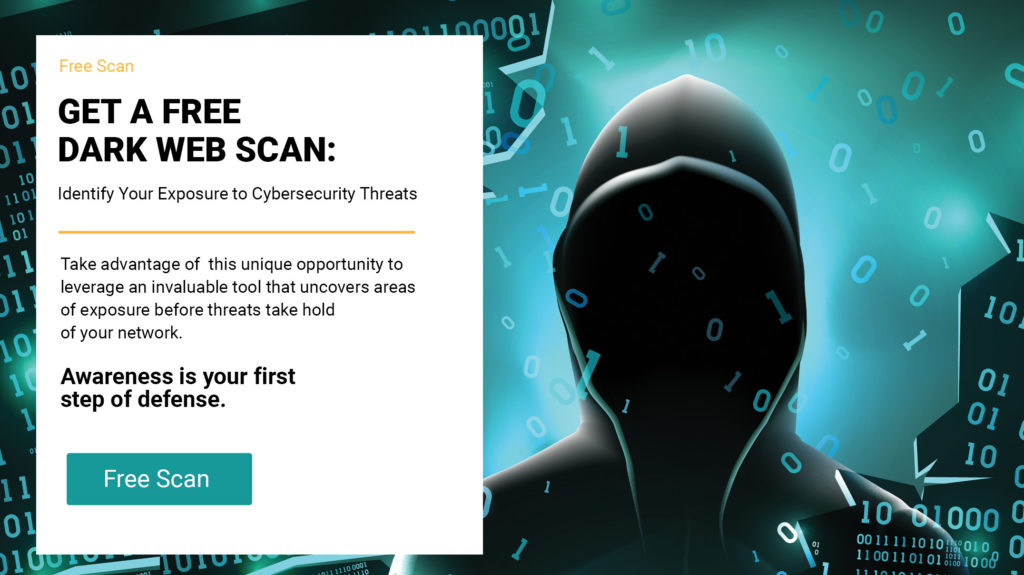Shopping 101: Safeguarding Personal Information
From online shopping to in-store purchases, cyber thieves have multiple ways of stealing your information and using it for their own financial gain. Here are a few protective steps you can take.
Step 1.
Ensure that any online company you are making purchases from has a verified and secured network. You should be able to click the icon to the left of the URL (it should show a closed lock) and there should be a pop-out box that displays that ‘the connection is secure.’ And that they hold a valid certificate. You can also use the tool urlvoid.com, which is a service that helps you detect potentially malicious websites, by checking the online websites’ reputation/safety.
Step 2.
Consider using Apple Pay, Google Pay, or PayPal to make online purchases. Credit card fraud is a serious problem in the U.S., but using a digital wallet or app, can increase your transaction security. The digital wallet obscures your payment card information, so the merchant sees a unique, one-time code that’s only good for that purchase. So, if a store employee or a hacker tries to get their hands on the store’s payment information, they wouldn’t be able to see your credit card, debit card, or bank details. Also – never input your bank account/routing number.
Step 3.
Make sure the device that you’re using has the latest security update and that your computer has up-to-date anti-virus software on it.
Step 4.
When shopping in stores, quickly check the card reader machine to make sure there is only one card reader slot…
Some hackers are putting additional card slots on readers to trick customers into accidentally using them, allowing them to steal your card’s information. These have mostly been discovered on gas station pumps, but it’s a good idea to be vigilant when using any card reader.
Step 5.
Never make purchases on public Wi-Fi. You might be tempted to take your shopping spree to a coffee shop for a cup of joe. Keep in mind, Wi-Fi networks use public airwaves. With a little tech know-how and the freely available Wi-Fi password at your favorite cafe, someone can intercept the data you send and receive while on free public Wi-Fi. Shopping online usually means giving out information that an identity thief would love to grab, including your name, address, and credit card information. Bottom line: It’s never a good idea to shop online or log in to any website while you’re connected to public Wi-Fi. To make such purchases more secure you can use a VPN service to protect your traffic on a public network. There are several services that offer this for a fee.
Snap Tech IT provides fully managed and boosted IT services, powered by leading edge cybersecurity, customer dedication and relationships built on trust.
